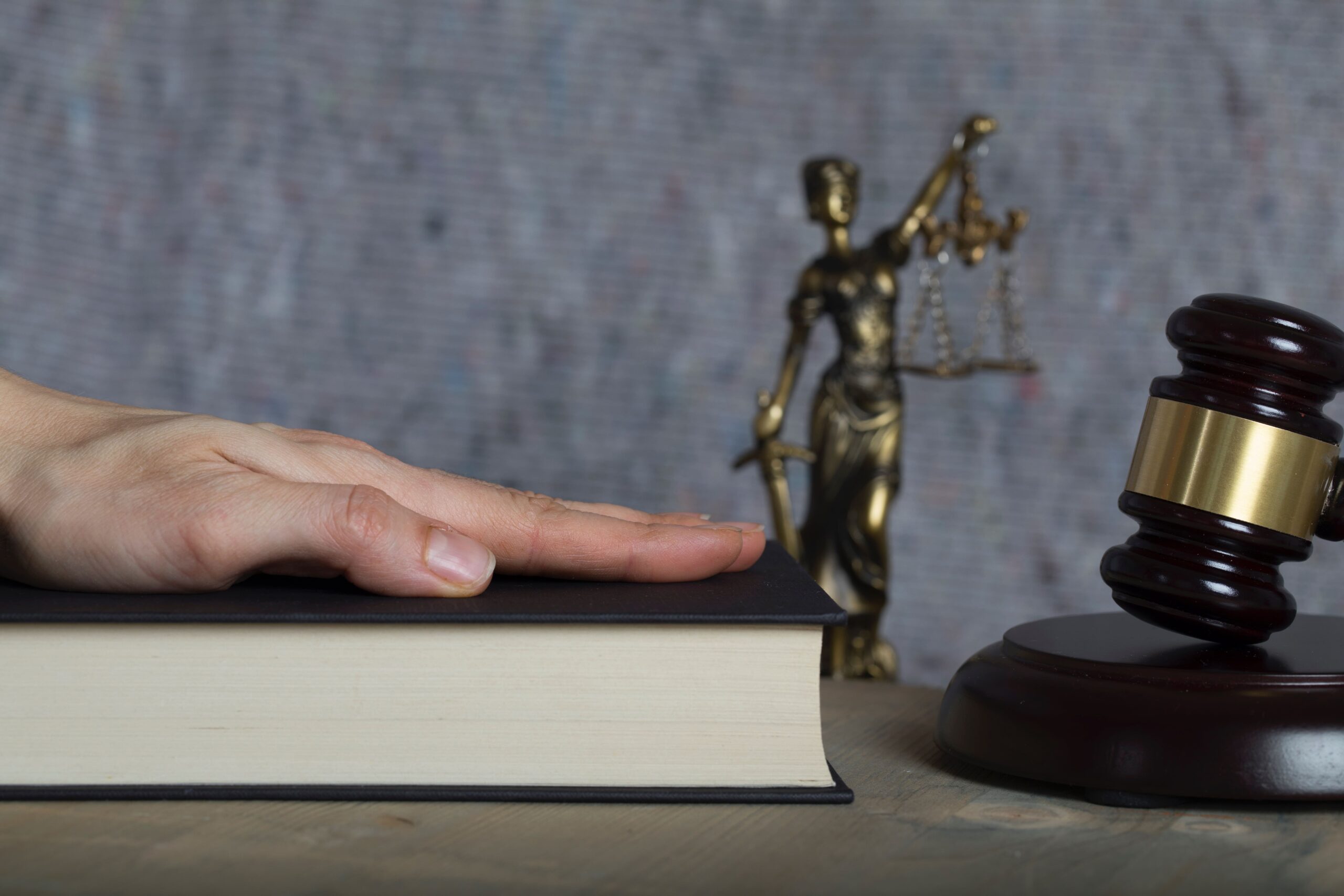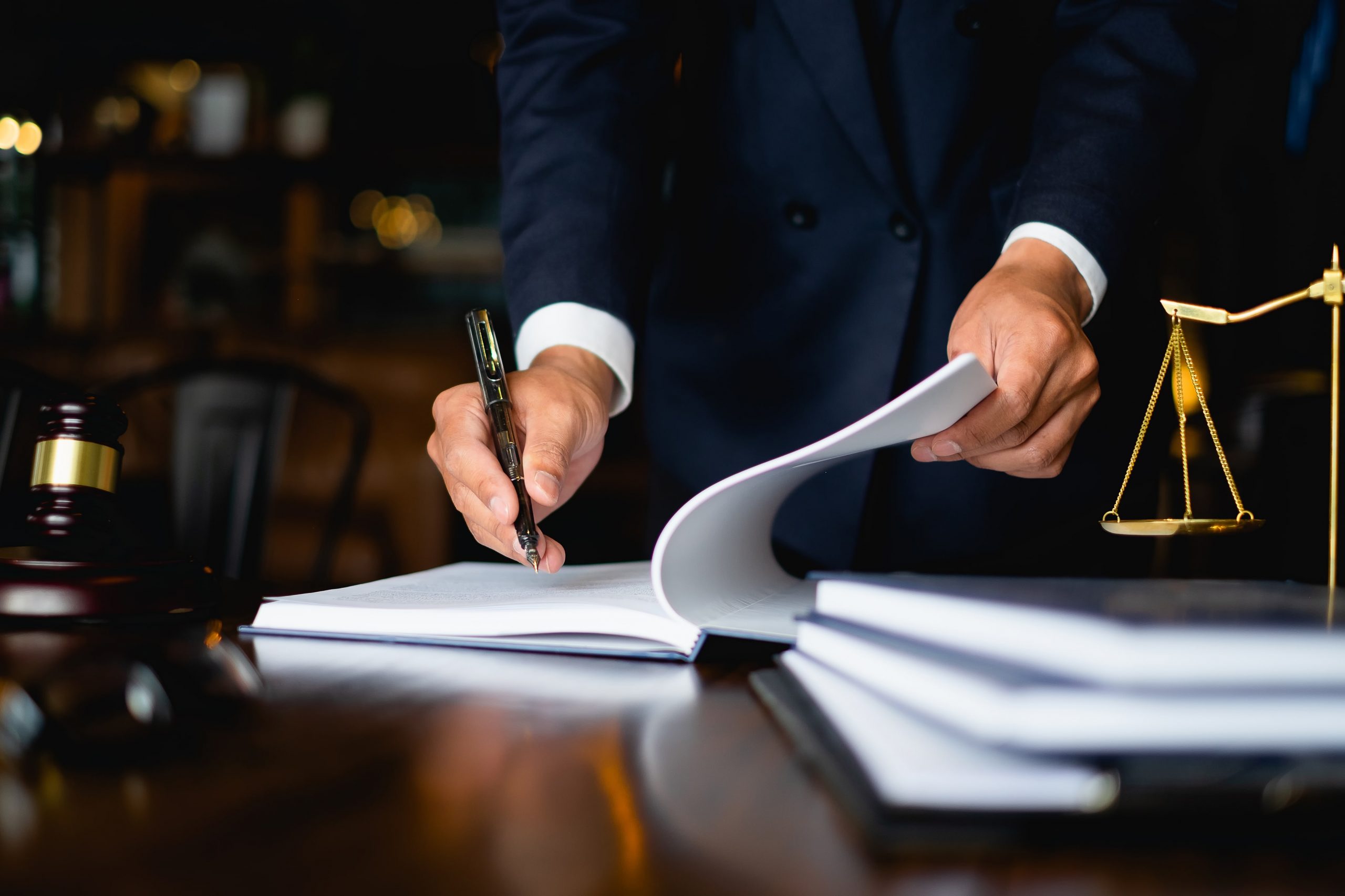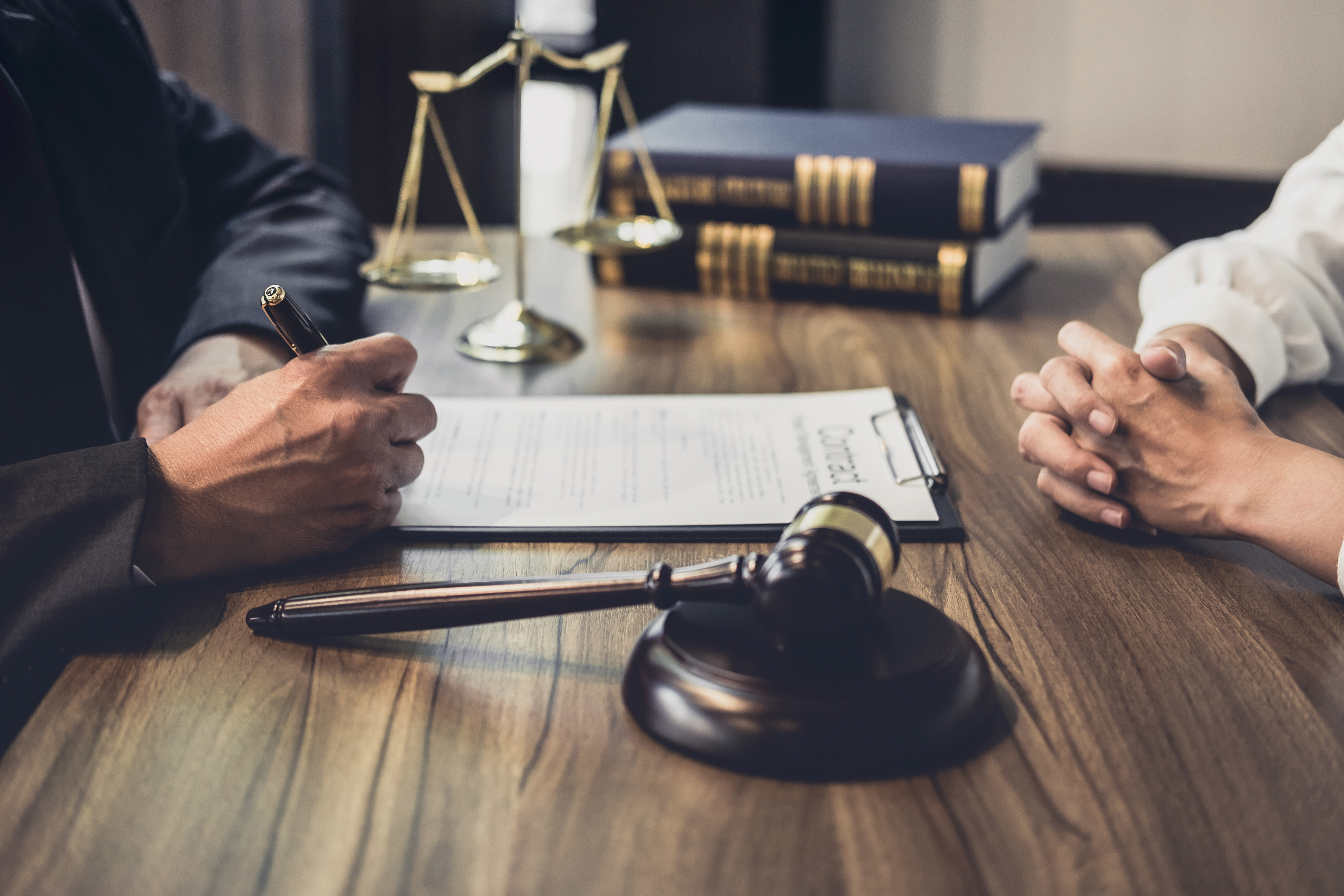Indecent Assault – s 61L Crimes Act 1900 (NSW)
Indecent assault charges are taken very seriously. It can cause significant stress and anxiety during the court proceedings.
Our specialist sexual assault lawyers have an extensive amount of experience in successfully defending indecent assault charges.
We have an unmatched proven track record of achieving exceptional results- this includes, getting charges either dropped or downgraded early, and successfully achieving not guilty verdicts over the years.
It is possible to get the prosecution to pay for your legal costs in certain situations. We have successfully achieved this for clients over the years on countless occasions.
Our highly experienced specialist defence lawyers are experts on indecent assault cases who will relentlessly work around the clock to achieve the best possible outcome for your case.
Our senior lawyers are familiar with the Judges, court processes and the prosecution procedures. As leading defence lawyers, the main focus will be on first getting charges dropped early.
Indecent Assault
Section 61L Crimes Act 1900 (NSW) says that Indecent Assault is committed where you assault another person while committing an act of indecency.
Your Options in Court
In order to be found guilty to this charge, the police must prove to the court, beyond reasonable doubt, the following elements:
- There was an assault
- Victim did not consent
- You were reckless as to whether the victim consented
- Your actions were considered ‘indecent’
You will be found not guilty if the police can’t prove any one of the above elements.
Where the act of indecency is proved to be committed on the victim, a further element of assault is not required to be established.
Why get advice from a specialist sexual assault lawyer?
It is critical to speak to a specialist sexual assault lawyer to explain to you whether a defence is available to you for your particular case and to explain the strengths or weaknesses of the police’s evidence against you.
With many years of experience under our belt in indecent assault cases, we have fought relentlessly in getting charges either dropped or won after defended hearings in court to prove innocence for our clients. We do this by first thoroughly picking out all the holes in the police’s evidence, and then presenting your version of what happened to establish your innocence. This is done by our highly experienced courtroom advocates who practice exclusively in this field.
Defences to this charge
The burden is only on the police to prove each and every above element beyond reasonable doubt. Even if one element is not established beyond reasonable doubt, you will be found not guilty. Some common defences to indecent assault include the following:
- You were threatened to commit the indecent assault
- The other person in fact consented
- The real culprit was not actually you- you have been mistaken for someone else. Where identification is in issue.
- The indecent assault occurred out of a proper medical purpose
Before pleading guilty, it is critical to speak to an experienced senior specialist defence lawyer in indecent assaults to get realistic and practical advice as early as possible. If you decide to plead guilty, you should be aware of the following when preparing and maximising on getting the best possible outcome on punishment.
25% discount on punishment
Pleading guilty at an early enough stage of your case will allow you a discount of up to 25% on the punishment you would otherwise get. This is called a utilitarian discount given by law giving you a better, more lenient punishment and can mean you get no criminal record, and in some other cases avoid going to full time prison.
An experienced senior specialist defence lawyer will be able to give you the right advice and guidance at an early enough stage to take advantage of this discount.
Good character references
A good character reference allows the Judge some insight into who you really are, not just someone who has pleaded guilty to this offence. Coming from the right people and with the right format and structure, it can have a big affect on a better outcome if it expresses the right information such as your remorse, insight and embarrassment of committing the offence.
Our experienced defence team specialists have seen and reviewed thousands of character references. They will guide you every step of the way on who to get each one from, how many to get, what kind of things to comment on and not comment on, and format.
Negotiate to drop charges
All charges have some prospects of getting dropped or downgraded to less serious charges attracting less serious punishments.
To maximise your chances at succeeding, an experienced senior defence lawyer will need to carefully analyse the police evidence, point out every single hole in their case before tactfully approaching the police and DPP with reasons why they should drop or downgrade it. Our defence team of senior lawyers have a proven track record of achieving this on countless occasions for over 20 years. It is their specialty which they focus on around the clock as priority.
Negotiate facts
Much like negotiating charges, you can also negotiate the police facts to change it to something more favourable to you, painting you in a better light. The Judge will base the punishment on what is included in the police facts of what you did which is usually drafted by police, and is often one sided.
Our specialist defence team will tirelessly analyse the police evidence, find out all the problems in their case and use this when strategically approaching them with reasons why the facts should be changed to maximise your chances at getting a better outcome.
Psychologist reports
A well written psychologist or psychiatrist report from a highly respected and experienced expert can significantly improve your outcome with a much more lenient punishment for the following reasons:
- It is a great way to express your remorse, insight, and your perspective of why you did what you did by way of explanation, not justification allowing the Judge to give a lighter punishment.
- If it diagnoses you with a mental illness, and expresses a connection between your condition and mental illness, and other relevant information like this, the Judge is allowed to further reduce your punishment and give a much more lenient one.
- It allows the Judge to give a more lenient punishment if the report expresses that you have prospects of rehabilitation.
- It allows you to tell your version of what happened without distancing yourself from what happened or moving away from the agreed facts the Judge reads.
Our specialist criminal lawyers use a select few of the best psychologists and psychiatrists in Australia known to be leaders in the their fields with extensive experience writing reports for court giving you the best chance at the best possible result.
Maximum penalty
The maximum penalty that the court can impose is up to 5 years imprisonment in the District Court, and 2 years if heard in the Local Court.
The Judges do not normally give the maximum punishment, which is usually reserved for only the most serious of cases. The maximum is generally only used as a guide by the Judges when considering which punishment to give you.
Types of penalties
There are a number of options of punishment the Judge can give you, including the following.
- Section 10 Dismissal
- Conditional Release Order
- Fine
- Community Correction Order
- Intensive Correction Order
- Full Time Imprisonment
A good lawyer will be able to persuade the Judge to deal with your case in a particular way most favourable to you. It is critical you get a court advocate who is experienced and persuasive.
Our specialist lawyers have over 20 years experience as court room advocates. We have mastered the art of persuasion in court and have a proven track record of getting exceptional results.
We will tailor our preparation of your particular case in a way that will maximise your chances of getting the best possible result. We have, time and time again, obtained exceptional results for charges of indecent assault. This includes obtaining section 10’s.
FAQ
An assault can be committed where it is proved that you placed your hands on the complainant without consent. This can be by you believing that the victim was not consenting, or where you were indifferent as to the victim’s feelings on whether or not he/she was consenting (or where you failed to even advert to the question of consent at all).
Short answer is yes. An assault can occur even where there is no touching in a situation where your conduct causes the other person to apprehend immediate and unlawful person violence.
This is where you commit an act which right minded persons would consider to be against community standards of decency.
In the case of Attorney-General v Huber (1971) established that an act of indecency includes conduct which offends against currently accepted standards of decency.
The act must have some sexual connotation to it. This can be, for example, by considering which parts of the body was touched or was used to touch.
Some examples include, touching of the genitals, kissing a someone against his or her will accompanied with a suggestion that sex take place, or touching the girl’s breasts.
 (02) 8606 2218
(02) 8606 2218









